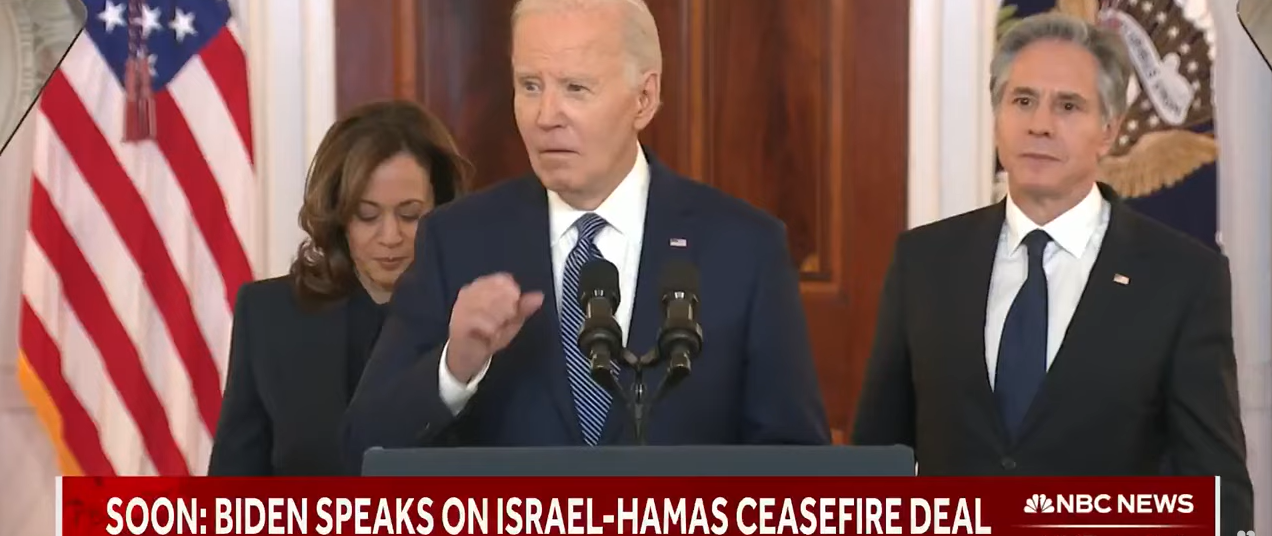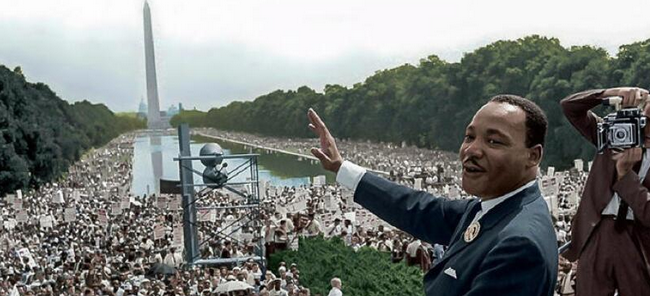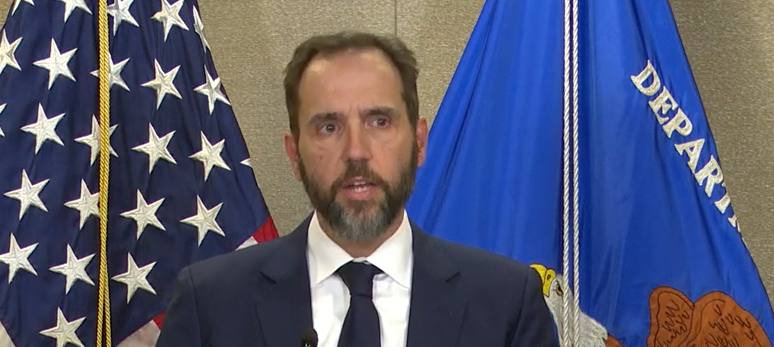[Commentary]
Last month’s shooting of unarmed teen, Michael Brown, has sparked a national discussion about police brutality, excessive force, and police accountability.
According to a new USA Today/PEW Research Center Survey, 2 out of 3 Americans say officers don’t do a good job when it comes to using the right amount of force, fair treatment, and accountability. Many are debating whether or not police should be required to wear body cameras to audio and video record interactions between officers and civilians.
The benefits of police body cameras are two-fold. Body cameras could deter the abuse of police power. Officers and citizens may feel more secure knowing the camera will protect them against false accusations.
Numerous amateur videos of police brutality have gone viral. A couple of months ago a video was posted showing New York Police Department officers placing Eric Garner in a chokehold. Garner, an African American man accused of illegally selling cigarettes, yelled, “I can’t breathe.” He died soon after this incident. The medical examiner ruled the cause of death a homicide.
Last month Chris Lollie from St. Paul, Minnesota, posted a video on Youtube of an altercation he had with police in January. Lollie claimed he was sitting on a public bench waiting for his children when police arrived and tasered him.
In the video you can hear Lollie calmly speaking to a female officer. He explained he was sitting on a public bench waiting for his children. The situation quickly escalated when a male officer arrived and demanded Lollie put his hands behind his back. The male officer then told Lollie he was going to jail. You can hear Lollie trying to deescalate the situation before screaming in pain from being tasered.
Though most officers do not abuse their power, what redress do citizens have for the ones that do? The imbalance of power and credibility is vast when the only evidence available is the word of the accused versus the word of the officer. Fear of retaliation or imprisonment may prevent citizens from filing formal complaints. As mistrust and dissent for the police grows, more citizens are using their smart phone cameras to film interactions with the police as a means to protect themselves.
Police body cameras can serve as a tool that is both pro-citizen and pro-police. In Rialto, California police reported a 60% reduction in use-of-force incidents and an 88% reduction in citizen complaints against police after launching their body camera pilot program in 2012.
“When you put a camera on a police officer, they tend to behave a little better, follow the rules a little better,” Rialto Police Chief William A. Farrar said to the New York Times. “And if a citizen knows the officer is wearing a camera, chances are the citizen will behave a little better.”
According to criminologist Jeremy Bamidele, “Police body cameras would help heal the divide between communities that are especially prone to abuses of power and police. It would increase transparency and consequently faith in judicial processes.”
In Ohio, Major Joseph Manning of the Bluffton Police Department told the Island Packet that an officer’s body camera helped prove his innocence after a citizen filed a complaint of police misconduct. A driver claimed the officer brandished his weapon when he was pulled over; however, the body camera footage debunked the driver’s story and the driver apologized.
For weeks rioters took to the streets to protest the police shooting of Michael Brown, and advocates across the nation have called for something to be done about police accountability. Are police body cameras the end all answer? Maybe, maybe not. Either way, it would be a good place to start.
Michelle Mar is a California certified Sexual Assault Crisis Counselor and Domestic Violence Crisis Counselor from Southern California. She can be reached at [email protected]








